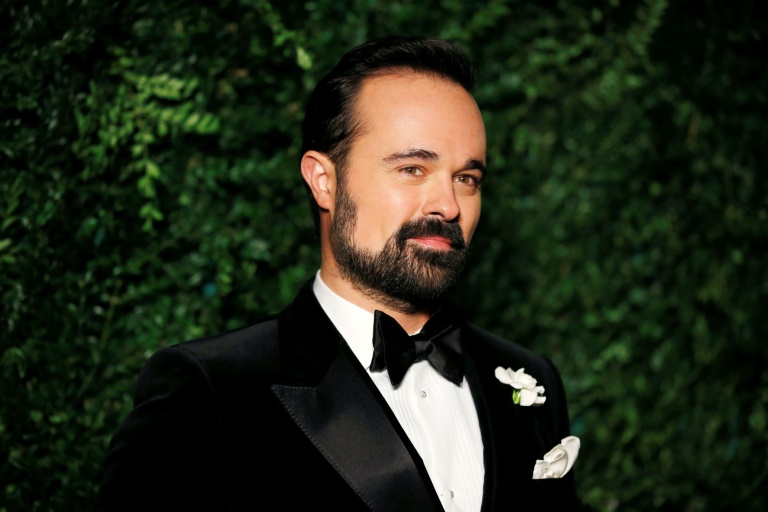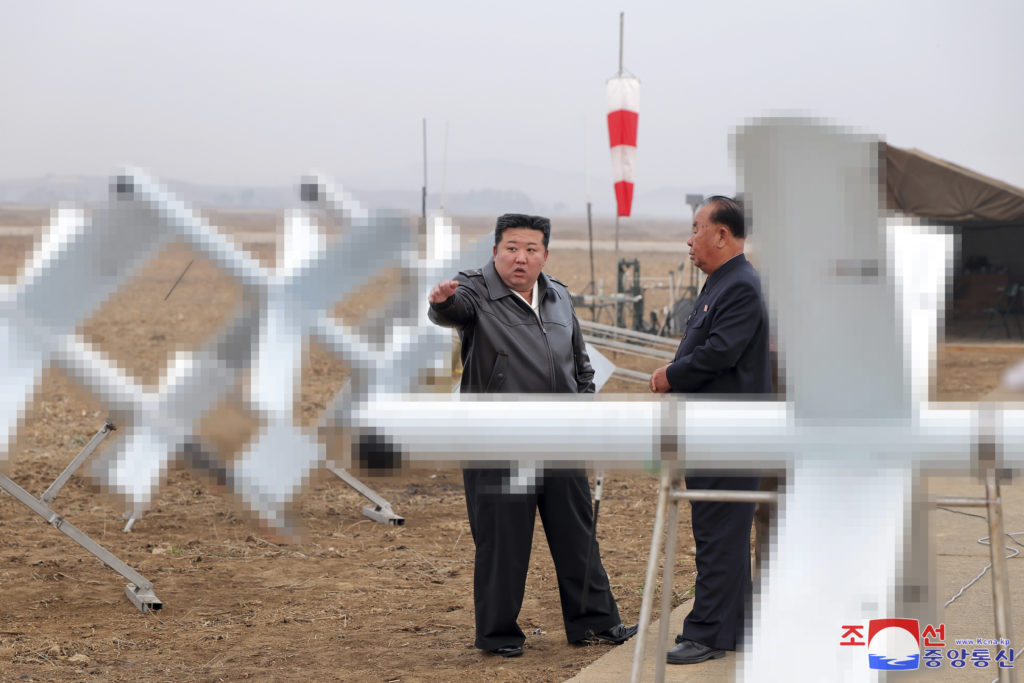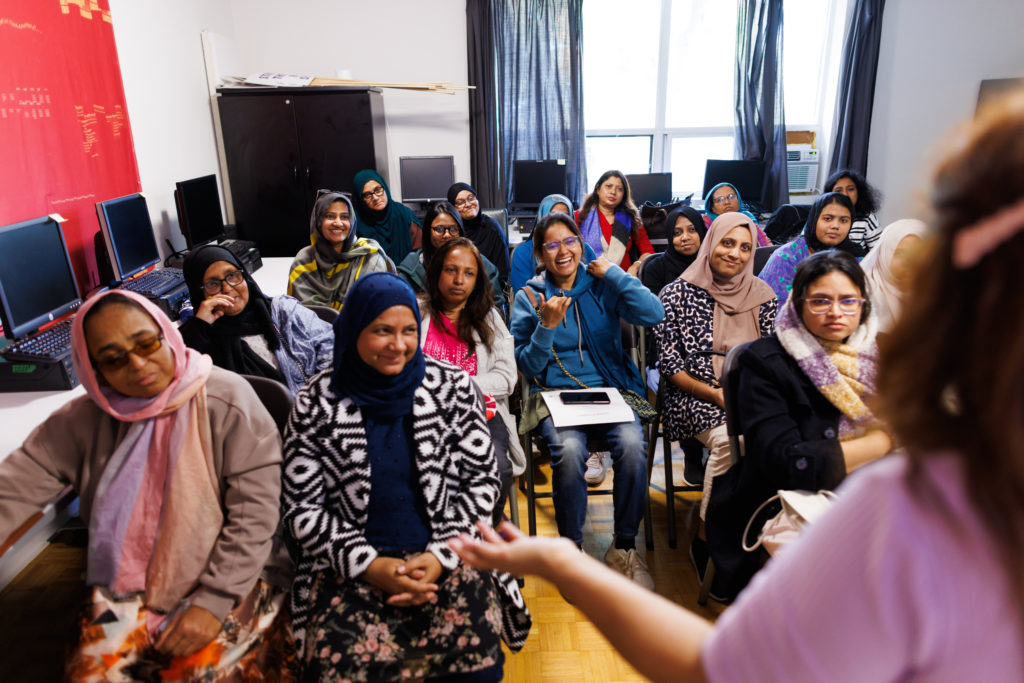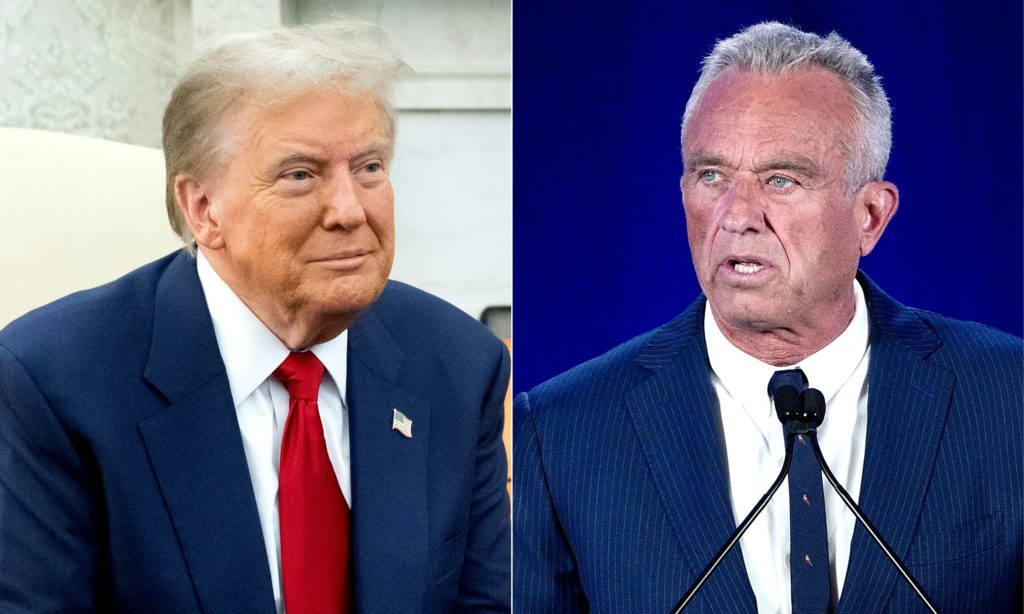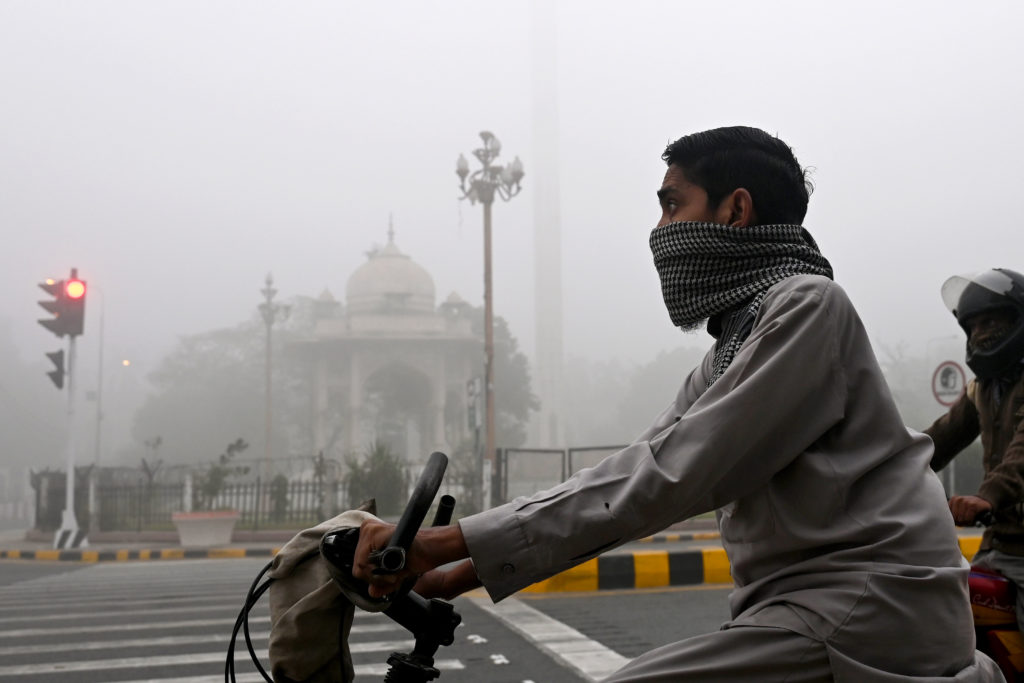The UK government was accused Thursday of a “cover-up” after refusing to release security advice issued about the controversial 2020 appointment of a Russian-born newspaper baron to parliament.
Prime Minister Boris Johnson’s government cited “the need to protect national security” for withholding the advice it received about granting a peerage to Evgeny Lebedev.
Opposition parties have demanded more transparency over the role Johnson played in appointing his friend Lebedev — whose father was a KGB officer — to the House of Lords.
MPs earlier this year approved a motion seeking to force ministers to release sensitive documents related to the nomination to the upper house of parliament.
But in response the government released only a handful — including the blank form Lebedev needed to complete for the peerage — which shed virtually no light on the security considerations.
Minister Michael Ellis said the limited disclosure “reflects the need to protect national security” and to “maintain integrity” in the honours system.
But the deputy leader of the main opposition Labour party decried the decision.
“This looks like a cover-up and smells like a cover-up because it is a cover-up,” Angela Rayner said.
Lebedev’s peerage has long proved controversial for Johnson, who since Russia’s invasion of Ukraine has vowed to turn the taps off the Russian money that has flooded into Britain in recent years.
The Sunday Times has reported he was warned by Britain’s foreign intelligence service MI6 against granting Lebedev the peerage before the November 2020 approval, but pressed ahead anyway.
– ‘Normal’ –
MI6 had flagged security concerns about the owner of London’s Evening Standard newspaper as long as a decade ago, and the then head of MI6 had refused to meet him, it reported.
Johnson’s friendship with the Russian-born businessman dates back to his eight years as mayor of London from 2008.
Lebedev, who has British citizenship and also owns the Independent newspaper, denied in March that he was a security risk or “some agent of Russia”.
Johnson has come under wider pressure to explain Russian donations to his ruling Conservatives, as London has stepped up sanctions against Russia.
On Thursday, he denied any impropriety after the New York Times reported that one of his party’s biggest donors is accused of secretly funnelling large sums to it from a Russian account.
The newspaper said Barclays Bank had raised suspicions about the source of a 2018 donation of $630,225 — at the time worth £450,000 — from Ehud Sheleg, a wealthy London art dealer who was the Conservative Party’s treasurer from 2018 to 2021.
It cited documents filed by the bank with UK authorities that alleged the money had originated in a Russian account of Sheleg’s father-in-law, Sergei Kopytov.
Kopytov was once a senior politician in the previously pro-Kremlin government of Ukraine who now owns businesses in Russian-occupied Crimea and Russia, the report added.
Sheleg denied to the paper that his father-in-law funded the donation.
Meanwhile Johnson insisted all donations “are registered in the normal way”.
“To give donations to a political party in this country, you’ve got to be from the UK,” he added.

